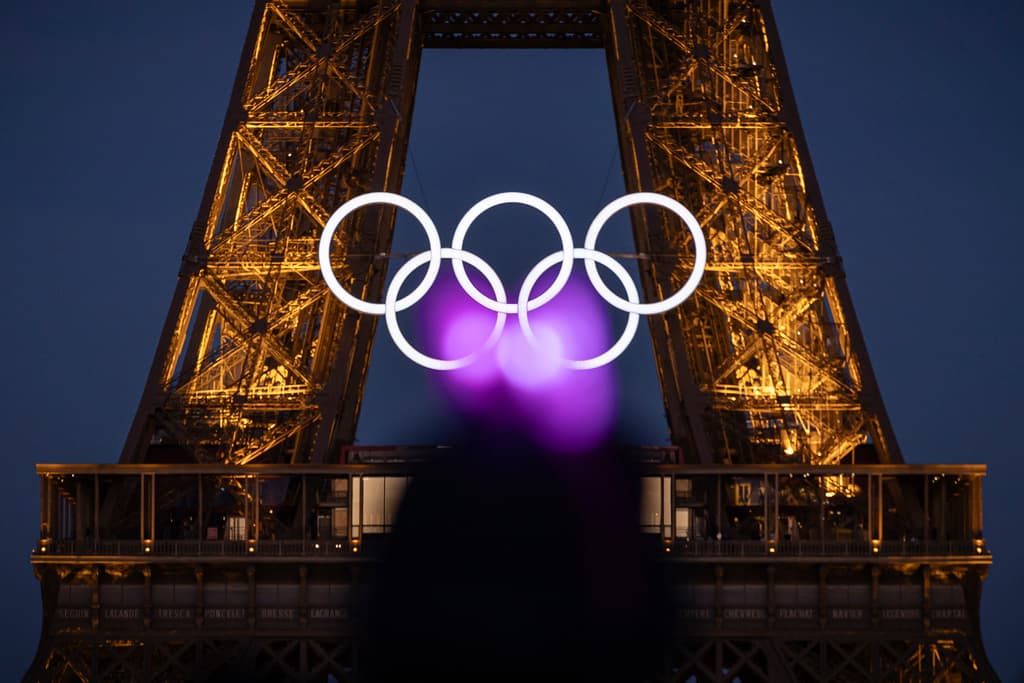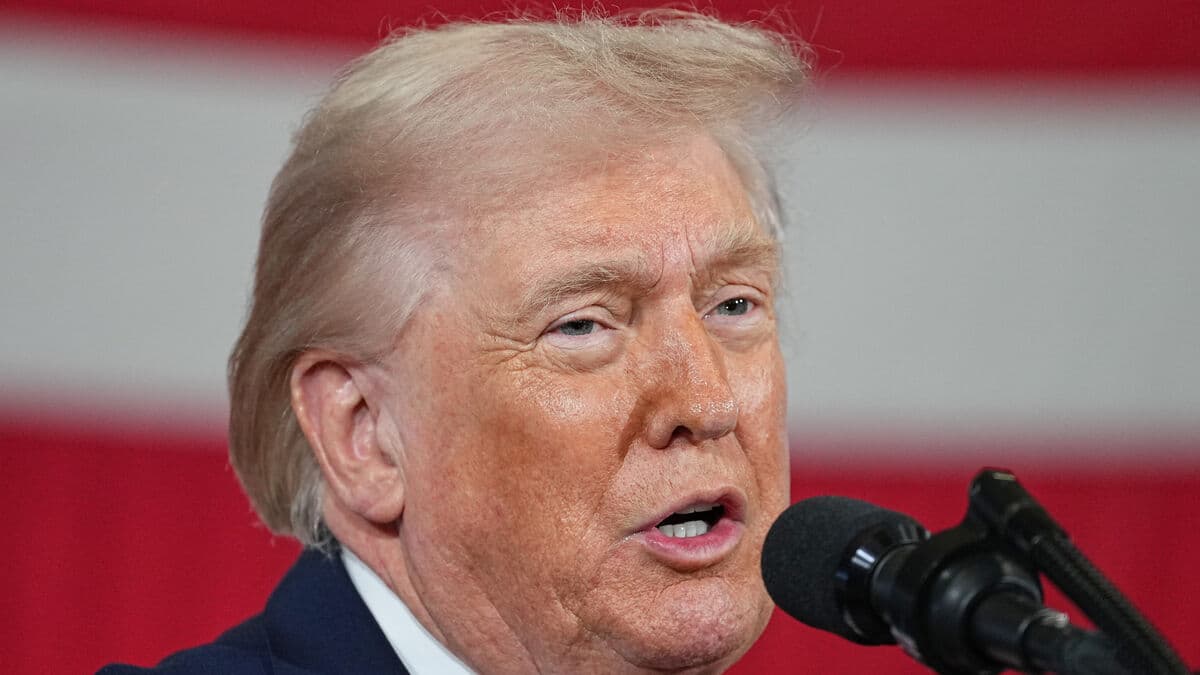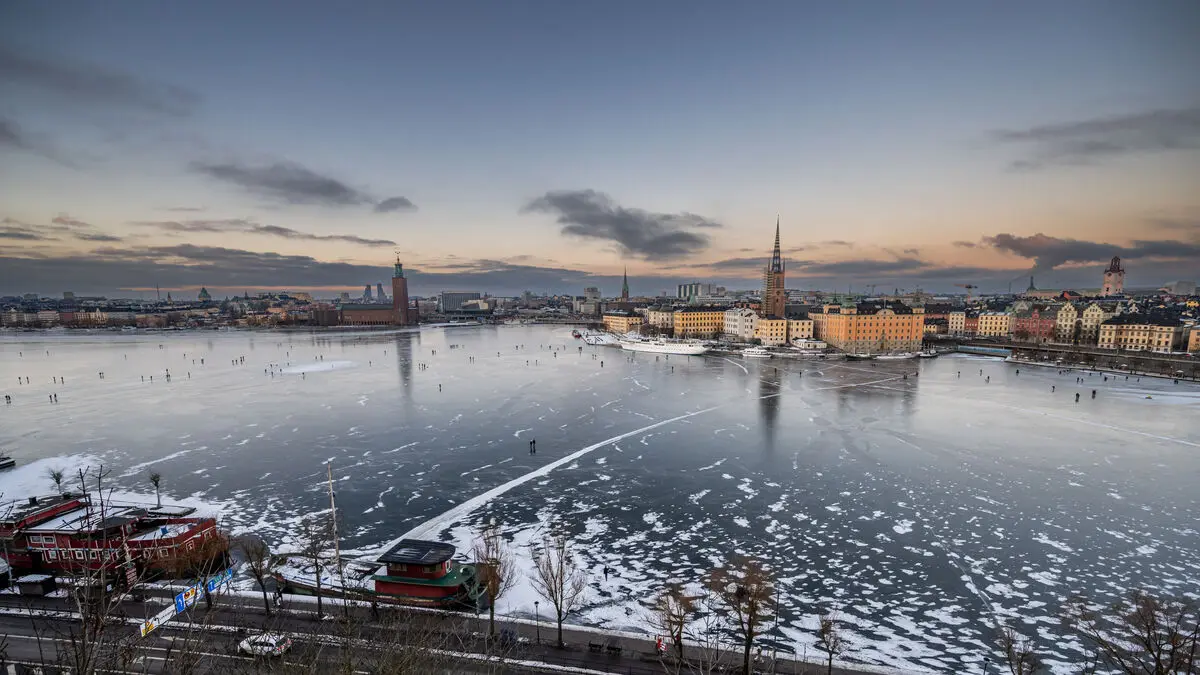Murky water and terror fears are making organisers and Parisians sweat ahead of the summer Olympics in Paris.
Only two months to go until the festival. Or the plague.
The screws are being tightened and the final touches are being put in place at the Olympic beach volleyball arena in Paris, where world-setters David Åhman and Jonathan Hellvig will be chasing gold at the beginning of August.
For now, it's only the construction workers who are sweating. The preparations for the 2024 Summer Olympics are in the hectic final stages, a situation familiar to all Olympic organisers with just a few months to go until the opening ceremony.
However, getting everything ready on time is not the main problem for once. In Paris, there are other concerns.
Not least, there's the issue of security. France still vividly remembers the bloody terrorist attacks in Paris in 2015 and Nice in 2016, which claimed over 200 lives.
A massive effort is required to secure the Olympics – and especially the spectacular opening ceremony, which will take place on and around the Seine River in Paris.
45,000 police officers will ensure that everything runs smoothly on 26 July, when up to 300,000 spectators will welcome thousands of Olympians arriving in small boats.
From 17 June, certain restrictions will be put in place in the area, with increasingly strict controls from 18 July. Parts of central Paris will be transformed into a fortress, accessible only to cyclists and pedestrians. On the day of the opening ceremony, special advance permission will be required to enter the surrounding area, including buildings overlooking the river.
Parisians Julien and Marguerite are, however, relatively calm.
Like many other capital city dwellers, the couple plan to leave the city during the Olympics – partly because it's holiday season, and partly due to the influx of tourists, spectators, and security checks.
The authorities have decided to almost double bus and metro ticket prices during the Olympics to reduce the pressure. At the same time, warnings have been issued about significantly higher restaurant and hotel prices.
In the background, there's also concern about protests and strikes. However, an agreement has already been reached with the refuse collectors to avoid a repeat of what happened in 2016, when a strike before the European Championship left Paris in a mess right up until the opening ceremony.
Another problem remains, however – and it's harder to prepare for in advance.
Paris has invested billions in cleaning up the water in the Seine and even plans to hold triathlon and open-water swimming events in the river during the Olympics. But it all hinges on there being no sudden rainstorm before the Games, which could flush out new sewage into the Olympic waters.
On 23 June, the entire Olympic leadership will conduct a test run, led by Mayor Anne Hidalgo.
The 33rd Olympic Summer Games will take place in Paris, with the opening ceremony on 26 July and the closing ceremony on 11 August.
The largest arena is the Stade de France in the suburb of Saint-Denis, where athletics, rugby sevens, and the closing ceremony will be held. The swimming events will take place in a new swimming stadium nearby. Other venues include the Roland Garros stadium for tennis and the Bercy Arena for gymnastics and basketball finals.
Several events will be held in temporary arenas in central Paris, such as beach volleyball near the Eiffel Tower, skateboarding and 3x3 basketball on the Place de la Concorde, and fencing at the Grand Palais.
Outside Paris, events will include equestrian sports at the Château de Versailles. Football, handball, and basketball will be held in Lyon, Marseille, Bordeaux, Saint-Étienne, Nice, and Lille. Sailing will take place in the Mediterranean Sea off Marseille, while surfers will travel all the way to Tahiti to compete.






